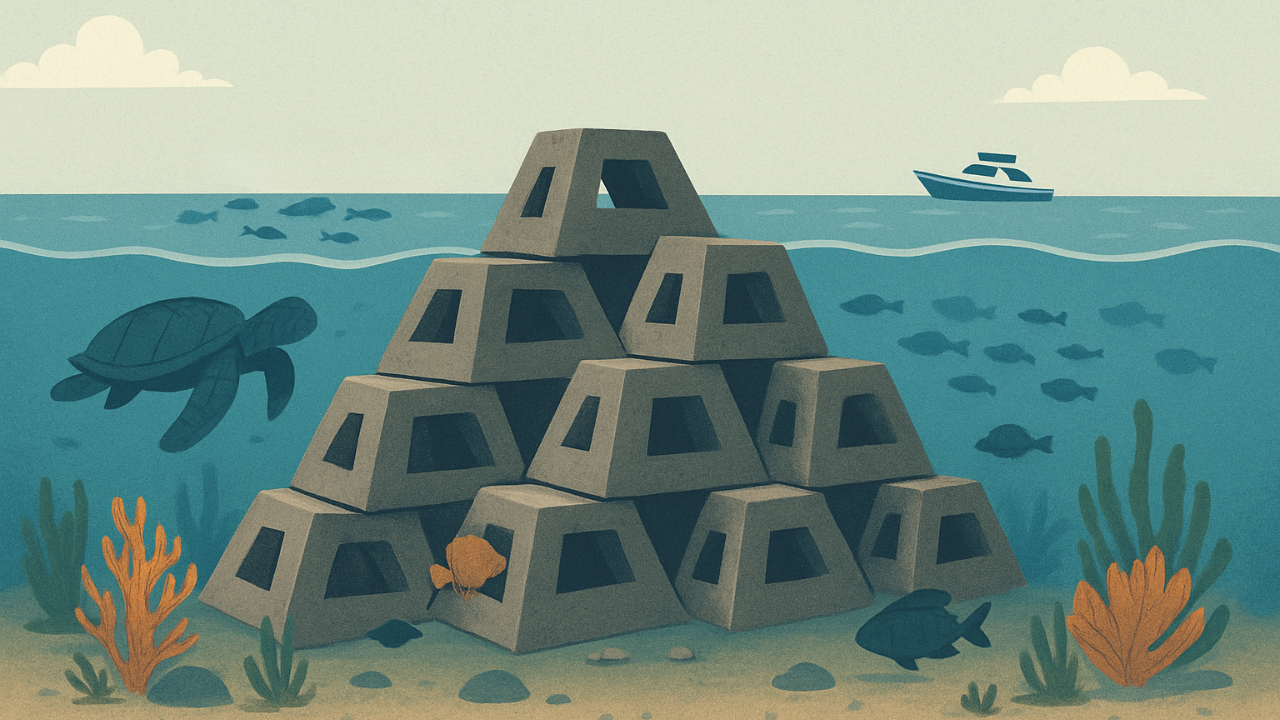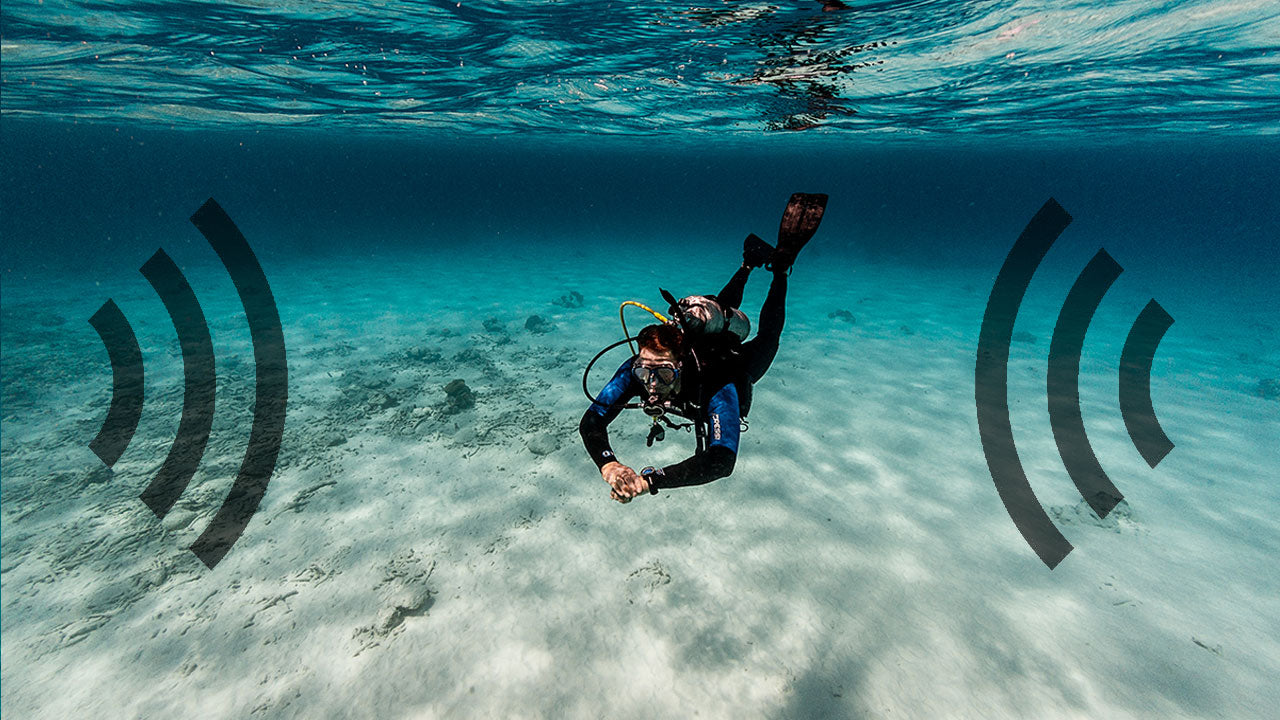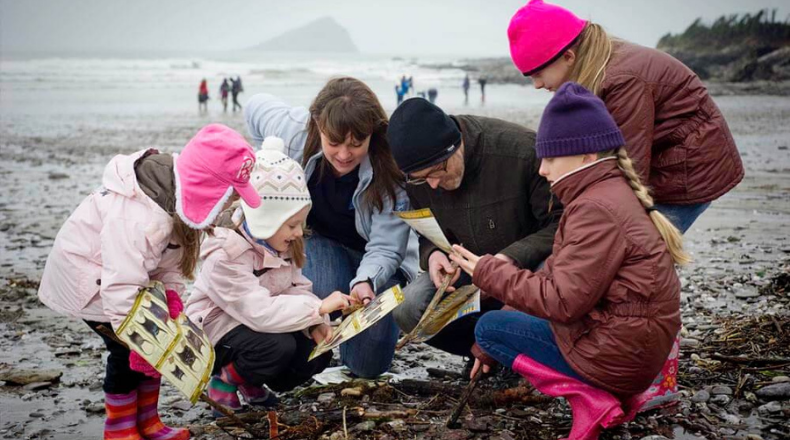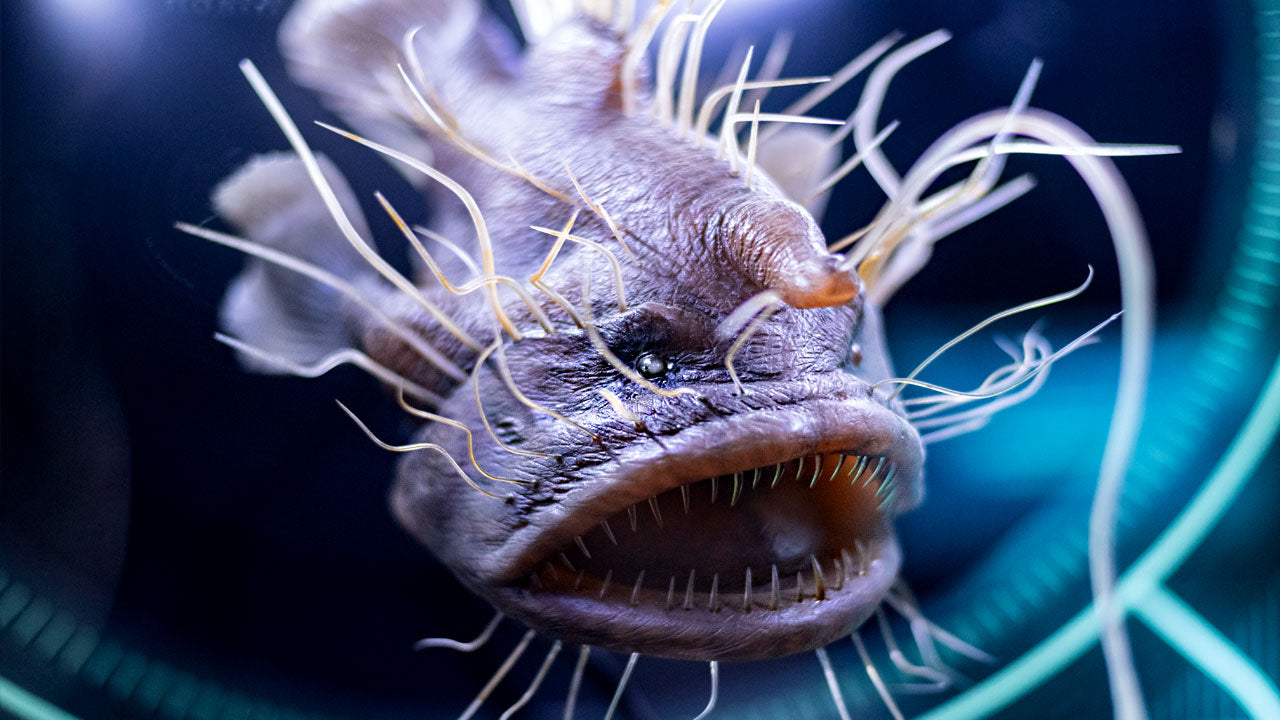Why Coral Reefs Are Important
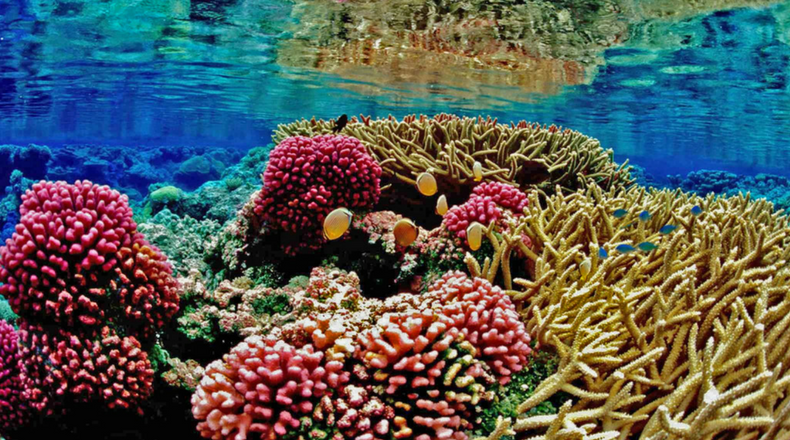
As a diver you have probably had a chance to admire the beauty of coral reefs and the wondrous sea creatures that inhabit them. Did you know though that the importance of coral reefs extends far beyond the pleasure they bring to those who explore them? They support enormous biodiversity, provide food, jobs, income, and shoreline protection. So even if you live far away from the tropical oceans you have most likely experienced some of the benefits that coral reefs bring to billions of people worldwide.
Habitat
Coral reefs are among the most important biodiversity hotspots on earth. A quarter of all animals and plants that live in the ocean rely on them for food, nursery areas, and places to hide from predators. Reefs are where many fish species and sea creatures choose to spawn. They also provide a space for feeding and raising babies for some sea mammals. Seagrass meadows next to the reefs act as nurseries for manatees and dugongs.
Water Filtration
Most corals and sponges are filter feeders, which means that they consume particulate matter suspended in the water column. This contributes to the enhanced quality and clarity of our nearshore waters.
Commercial Value
Coral reefs are an essential element in the economy of many tropical regions. They often form the backbone of local economies. Latest estimates suggest that coral reefs provide tens of billions of dollars each year in goods and services, including:
Fisheries: An abundance of edible sea life in healthy coral reefs makes them important to human nutrition. Both small local communities and international fishing fleets receive a major part of their revenue from coral reef fisheries. In developing countries, in particular, coral reefs contribute about one-quarter of the total fish catch. Overall, an estimated one billion people have some dependence on coral reefs for food and income from fishing.
Tourism: Healthy reefs also contribute to local economies through tourism. Diving tours, fishing trips, hotels, restaurants, and other businesses based near reef systems provide millions of jobs and contribute billions of dollars all over the world. According to a report by the Key West chamber of commerce, tourists visiting the Florida Keys in the US generate at least US$3 billion dollars in annual income, while Australia’s Great Barrier Reef generates well over US$1 billion per year.
Coastal Protection
Coral reefs run along more than 150 000 km of coastline in over 100 countries and territories. For all of these adjacent shorelines, the reefs act as a protective fringe against storms, hurricanes, typhoons, and even tsunamis. They break the power of the waves thus helping to reduce coastal erosion, flooding, property damage and loss of life. Reefs also protect the highly productive wetlands along the coasts, as well as ports, harbors and the economies they support. Without coral reefs, many of the world’s most fragile, coastal ecosystems would be unable to thrive.
Source of Medical Advances
Coral reefs also contribute to the advancement of medical research. Some of the coral reef organisms are used in the treatment of diseases such as certain cancers, HIV, and cardiovascular diseases. In addition to that, long coral skeleton served as material for bone grafts. Many more drugs are now being developed from reef animals and plants as possible cures for cancer, human bacterial infections, viruses, and other diseases. For example, studies show that calcium from coral could help fight against the effects of diabetes, arthritis, Cardiac diseases, osteoporosis, eczema, Alzheimer’s disease, chronic fatigue syndrome and much more.

Despite such an immense value to humankind, anthropogenic activities remain a major threat to coral reefs. Pollution, overfishing, destructive fishing practices, collecting live corals for the aquarium market and mining coral for building materials are some of the many ways that people damage reefs all around the world every day. However, each of us can do a few simple things to stop this and help protect coral reefs.
- Be a responsible diver or snorkeler. Do not touch the reef, as contact with it will damage the delicate coral animals. Also, check that all your dive gear is secure so that it doesn't dangle and catch on the reef
- Practice safe boating. Anchor away from coral and seagrasses so that the anchor or the chain don’t accidentally damage them. Look for sandy bottom or use moorings if available.
- Volunteer. If you live near coral reefs, you can take part in a reef or beach cleanup. If not, you can still get involved through various conservation organizations. Coral Restoration Foundation, for example, is looking for land-based volunteers to help with community outreach, constructing coral trees, etc.
- Contact your government representatives. Demand they take action to protect coral reefs, stop sewage pollution of our oceans, expand marine protected areas and take steps to reverse global warming.
- Spread the word. Educate yourself on various issues concerning ocean health and coral reefs in particular, and share the information you learn with your friends, family and on social media. Your excitement can encourage others to get involved.

